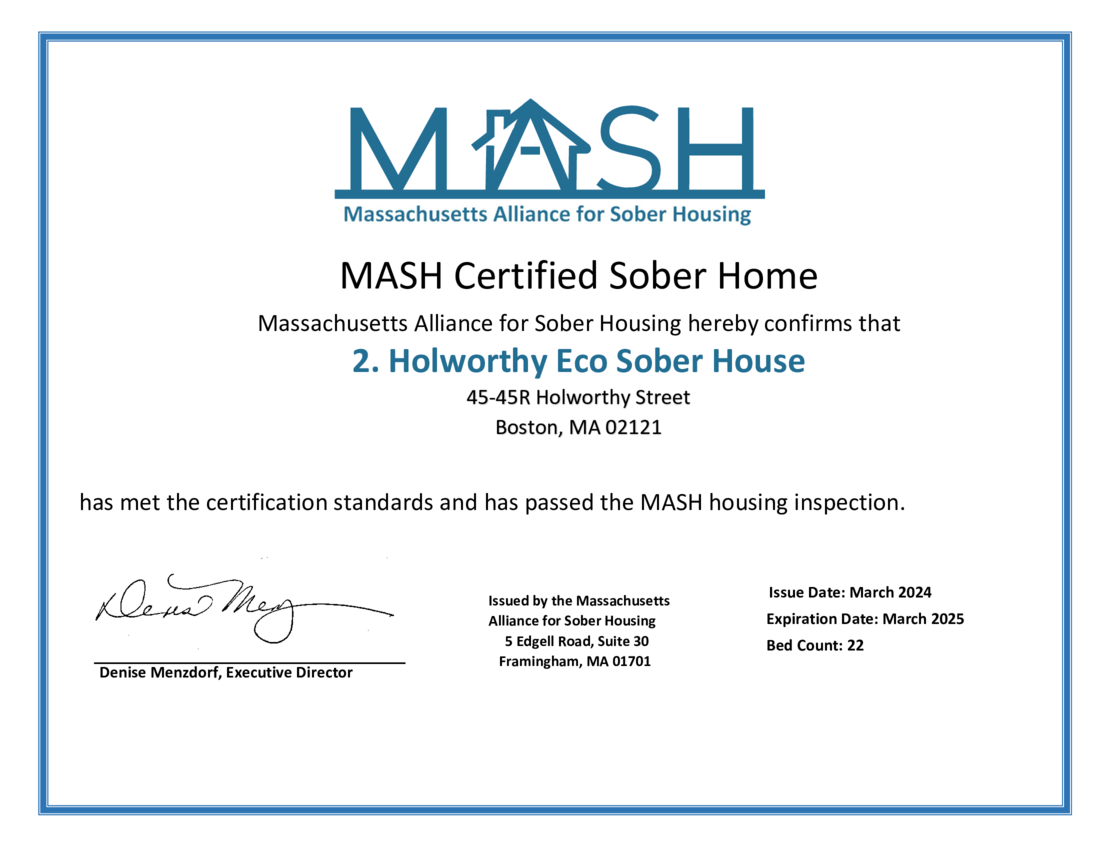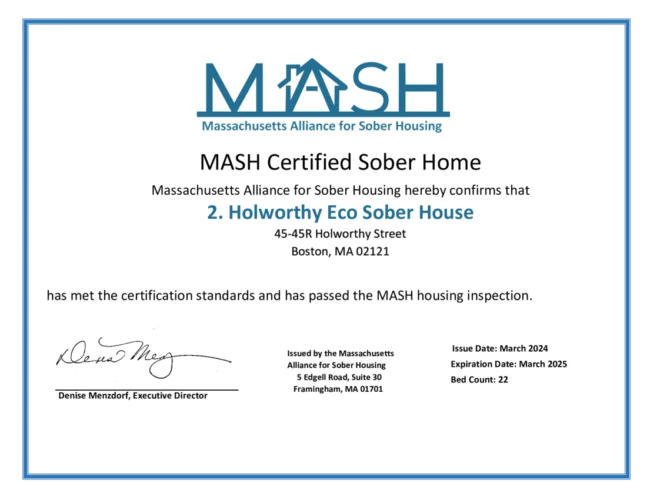
And Burkhart alcohol rehab notes that not everyone with sinus issues notices improvement by eliminating gluten. It’s not the first thing she recommends for sinus problems, she says. Remember that these conditions are common and may differ widely in severity. Gluten-related disorders may have numerous symptoms and can be frustrating to identify. A registered dietitian or another health professional can provide the appropriate exams and testing.
- Gluten intolerance, or non-celiac gluten sensitivity, shares some of the same symptoms as celiac disease.
- It is also possible for other symptoms to occur with gluten intolerance, although they are less common.
- Don’t undertake such a diet without first consulting a doctor, however.
- Fatigue is another symptom that people may find hard to identify, as it can have a lot of different causes, many of which are not related to any medical condition.
Extraintestinal Symptoms

People with celiac disease may also experience diarrhea and constipation. They may also have poop that smells particularly unpleasant, as the condition causes poor nutrient absorption. Because there’s a genetic component to celiac disease, it can run in families. This means that it’s important for you to confirm if you have celiac disease so you can advise your loved ones to get tested as well. More than 83 percent of Americans who have celiac disease are undiagnosed and unaware they have the condition, according to the advocacy group Beyond Celiac. Someone who is allergic to wheat may or may not be allergic to other grains such as barley or rye.
- It’s characterized by adverse reactions to gluten, a group of proteins found in wheat, barley, and rye.
- When this happens, your body’s ability to absorb nutrients from your foods becomes partially or totally impaired—a condition known as malabsorption that results in severe nutrient deficiencies.
- It may not be beneficial for everyone with gluten intolerance to cut gluten out of their diet entirely, as people’s symptoms will vary in severity.
Diagnosis of Gluten Sensitivity
Gluten intolerance is often mistaken for celiac disease, but they are separate conditions. Celiac disease is a severe autoimmune disease that can damage a person’s digestive system. In people with gluten intolerance, the feeling of bloating may occur very regularly and is not necessarily related to the amount of food they eat. If you have sinus problems after consuming wheat, note other ingredients that appear on nutritional labels that contain wheat such as vegetable protein and food starch. Staying hydrated by drinking plenty of water can help loosen mucus that accumulates in your sinuses.

Conditions You Might Be Mistaking for Gluten Intolerance
- Also, I usually experience a sharp pain and tightening in my throat (almost like when a cold virus is first lodging in your throat).
- However, a biopsy is only way to confirm a diagnosis of celiac disease or dermatitis herpetiformis.
- It is essential to understand how the body reacts to gluten changes significantly among every person, therefore the outcomes are not always the same.
- If someone does not have celiac disease but feels better when they reduce their consumption of gluten, they must take care when making dietary changes.
- By Jane AndersonJane Anderson is a medical journalist and an expert in celiac disease, gluten sensitivity, and the gluten-free diet.
- People with gluten intolerance are prone to fatigue and tiredness, especially after eating gluten-containing foods (51, 55).
- If you are experiencing gluten intolerance symptoms, consider seeking advice from one of our expert team of Gastroenterologists.
Celiac disease is an autoimmune disorder that leads to damage to the digestive tract. People with gluten intolerance usually find relief from their symptoms by following a gluten-free diet. It’s important to work with your healthcare can gluten make you sneeze provider and a dietitian to build the right treatment plan for your needs. If you consistently experience a runny nose after eating a specific food, it’s vital to consult a qualified health practitioner for a proper diagnosis.
Blood tests are done to test wheat allergy for certain IgE antibodies. To determine if your skin condition is linked to celiac disease or a gluten intolerance, your healthcare provider may take your medical history and perform a physical exam. Around 15% to 25% of people with celiac have dermatitis herpetiformis, a rash considered to be the skin manifestation of celiac disease. But this is by no means the only skin problem people with celiac disease and gluten sensitivity may have.

An allergy occurs when the immune system overreacts to an allergen and attempts to expel it from the body. Autoimmunity occurs when the immune system creates antibodies that mistakenly attack the body’s own tissues or organs. I believe you may be allergic to wheat, and should probably stay away from it. Speak with a doctor or dietitian for an accurate diagnosis, which will involve a comprehensive evaluation of your symptoms and potential testing.

